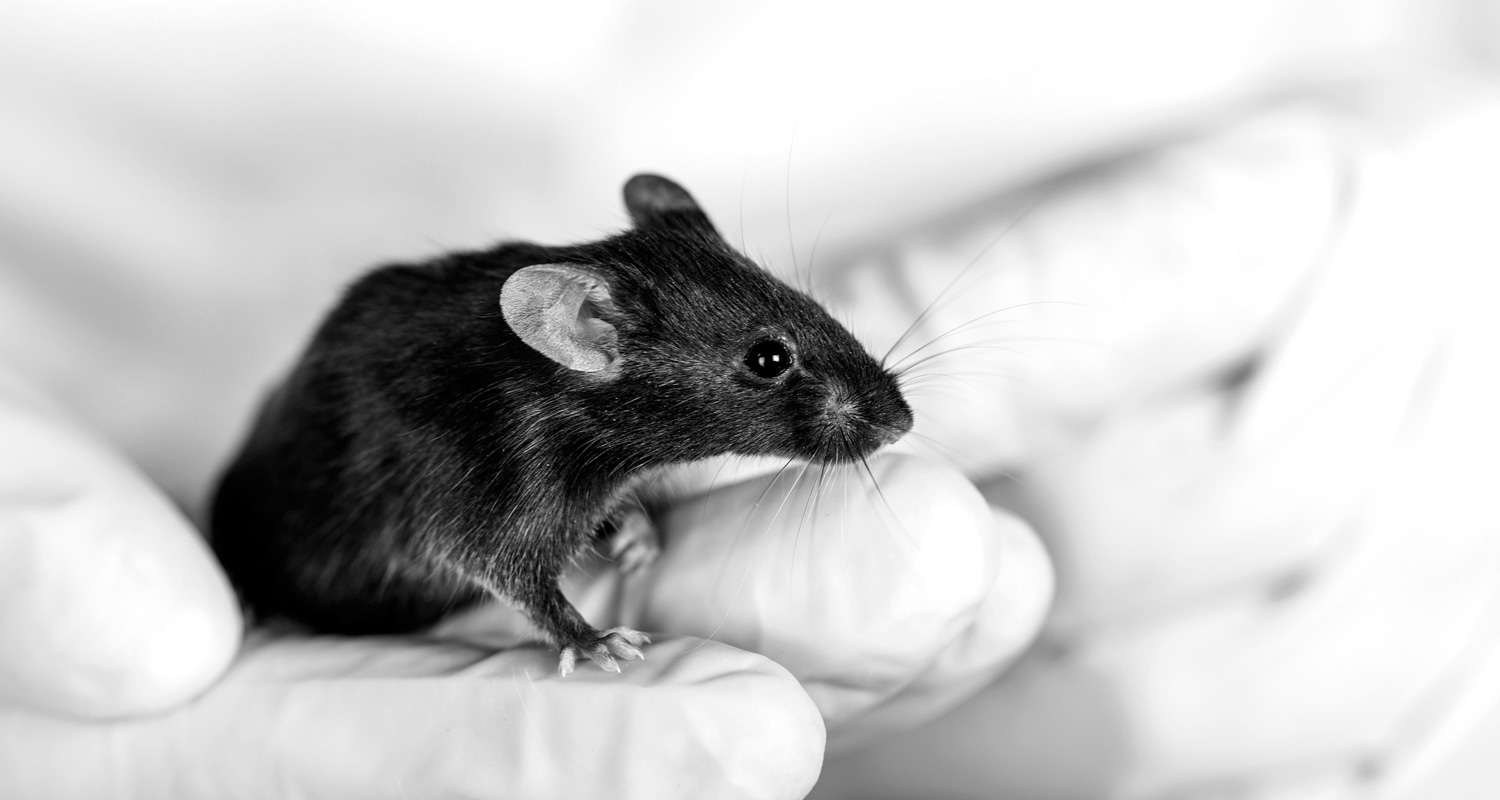The Center for Experimental Models and Transgenic Service (CEMT) of the Freiburg University Hospital, a renowned German facility equipped with over 10,000 cages and 30+ staff, recently dedicated a full day for a session on “best practices for the proper use of IVC systems and changing stations”. The aim was to update and standardize practices of the staff. CEMT reached out to Allentown’s Veterinary & Professional Services (VPS) for their expertise and advice on the subject.
The workshop was highly successful. “The training also enabled them to identify important potential operational improvements, and allowed the technicians as well as the animal care taker to develop awareness of all source of risk of cross contamination”.
With regard to the local health management programme and research activities, Patrick HARDY, DVM, Dipl. ECLAM, MBA, and Director of the Veterinary & Professional Services at Allentown, designed a new training programme:
- To allow a comprehensive understanding, by all categories of users, of the functional and operational principles of IVC systems and the different types of working cabinets closely associated to their use; and
- To promote a professional, consistent, and adequate integrated use of these equipments by operators.
The programme and its timing are designed to be adapted to various situations or public mixes and can also be fully customized if required.
The standard programme starts with a review of key principles in: bioexclusion & biocontainment, health standard categories and related requirements, primary vs. secondary barriers, consistency of physical barriers and practices, and contamination risk management. IVC systems are compared with other bioexclusion and biocontainment systems, with their respective advantages and drawbacks.
The core of this programme aims at understanding the design and functioning principles of IVC systems in positive or negative mode, IVC rack ventilation systems and control, as well as the design and functioning principles of change / working stations and biosafety cabinets. This section includes a review of operational practices: installation, putting into operation, ventilation settings, verifications, alarms, periodic maintenance / verification, impact of failures and neglect. Case studies / real world examples are used to reinforce the understanding and the outcome of good practices.
The programme is available in English, French and German languages. For more information and inquiries, please contact your local Technical Sales Representative or Allentown’s VPS department – phardy@allentowninc.com.

